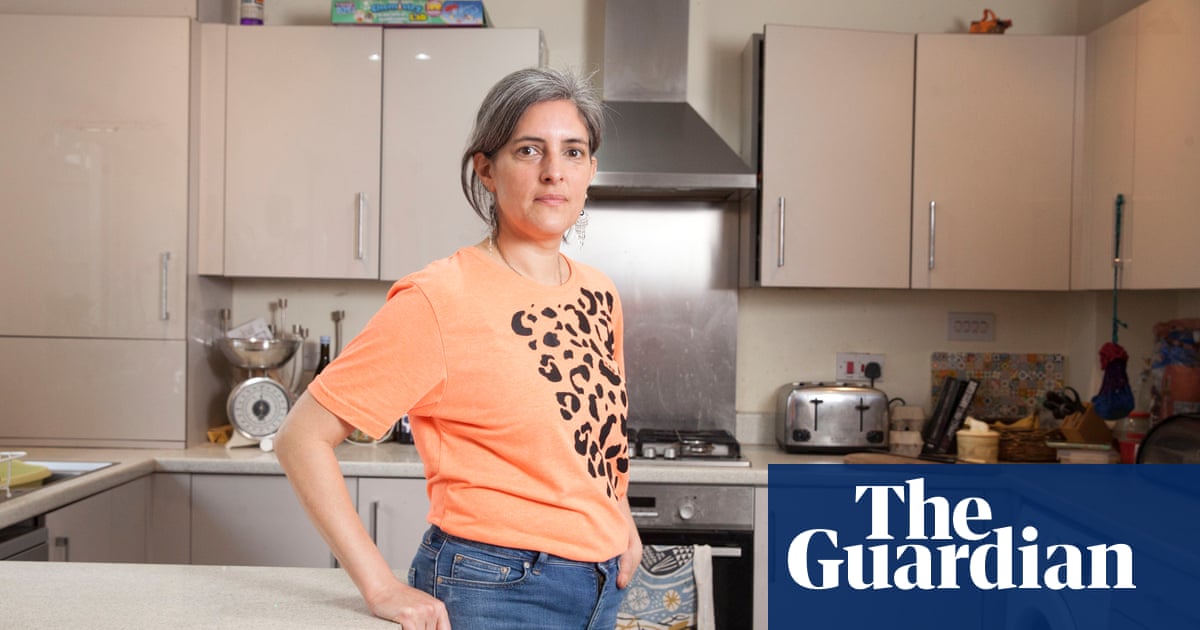
fter a seven-month gap, the housing courts are open. Although many of them will not be operating at any capacity until early November, some cases are starting to be heard. In mid-October I represented a typical couple, Monty and Lola (not their real names). They were in court to prevent a bailiff’s appointment that had been scheduled for the Friday.
The government has insisted that such hearings should continue. It has set in place two main protections for tenants. First, in the majority of cases, landlords have to wait several months after serving notices on tenants before issuing proceedings. Second, where cases were begun during the first lockdown, landlords must serve a “reactivation notice”, telling the courts whether a tenant has been affected by Covid. The idea of both provisions is to filter out the cases where the justification for eviction is clearest.
Monty and Lola were excluded from either protection because a final possession order had already been made against them before Covid. In drafting the rules, the government refused to include any safeguards for people in that situation.
Eighteen months earlier, their landlord had served a section 21 notice, a document that requires a tenant to leave without the landlord needing to show the tenant has done anything wrong. Monty and Lola went to their local Citizens Advice office and were told that the landlord could not win. He had taken a deposit from them but had not registered it within the statutory time and any section 21 notice would be invalid.
The government has promised, many times, to repeal section 21 – however, it has indefinitely postponed acting on that promise.
Although Monty and Lola had been in a strong position, they tried to be fair. They told the landlord’s solicitor they just needed to stay in their home until June 2020 when their son was due to leave school. The solicitor offered Monty and Lola a compromise: they could stay till the summer so long as they promised to leave then. They signed a consent order granting the landlord outright possession against them, never imagining that the pandemic would destroy all their plans.
The issue before the court was simply whether that order had been properly made. The hearing was supposed to start on the Wednesday at 2.45pm using the court’s cloud video platform. Fifteen minutes beforehand, I logged into an online waiting room. I could see an icon representing me and one for my opponent. I could see a blue dot by the names of the people in the hearing, as the judge invited each of them to speak. But I could not hear them, and nor could they hear me. By now, my pulse was racing at around 200 beats a minute – think what it was like for my clients.
The hearing was stopped and began again by telephone at 3.30pm. The judge had promised us a decision that day, but I needed to explain my client’s case, and the landlord’s barrister had to reply. Time wore on: past four, four thirty … We stopped at five, with no decision but the promise of a judgment on the Thursday.
On Thursday morning, I spoke to my clients and asked how they were. “Terrible,” said Monty. “We couldn’t sleep,” added Lola. Monty was focusing on their son who is in year 12. He suffers from dyslexia and has a statement of special educational needs. They had been expecting to take him out of school after his GCSEs. But his mock grades had been so poor (and, because of Covid, they had become his final results) that he had been forced to stay at school another year to re-sit his exams. That was why they were trying so hard to stay in a home they had previously been planning to leave.
Lola was focusing on the practicalities: they would not be able to find a moving company in the short time available to them. She and her husband had already driven more than 20 times to storage, they had moved everything they could. What they had left was heavy furniture, things they could not move without someone else’s assistance. They had asked the local authority to help, but it had refused. She could not imagine how they would move everything before the bailiffs arrived.
“We can’t do it,” she told me, “we just can’t.”
I had my telephone on speakerphone as the judge gave us her decision. She spoke gently and softly, but with urgency. The judge noted the decision of the higher courts that I had quoted. She referred to the cases my opponent had cited.
The tension was so great, my hands clawed up. I could not type.
She said that she agreed with me on the law – a consent order is binding in possession cases only if both parties had been absolutely clear in recording the factual admissions that would justify granting possession. That hadn’t happened in this case. Accordingly, she set aside the possession order and dismissed the warrant. Court officers would call the bailiffs and tell them the appointment was cancelled.
When I rang Lola and Monty later, they sounded drunk with relief.
Covid made everything rushed. It meant my clients had no proper warning of the bailiff’s appointment. It caused the hearing to be listed just days before the bailiff’s date. It meant that if we lost there would be no time to appeal to another judge. If the local authority had ended up moving my clients to emergency housing, it would have been shared accommodation – including possibly with people who might be ill.
The government is aware that there is a problem, and has recently begun a process of negotiating with the bailiff’s bodies, inviting them to hold back from evictions in tier 2 and tier 3 areas. While this is to be welcomed, it doesn’t go far enough. There isn’t any proper legal basis on which bailiffs can refuse to carry out court orders, even at the government’s request. The new measures also are not being properly publicised, when (as we saw in Monty and Lola’s case) the problem in evictions is repeatedly that tenants don’t know their rights, and landlords rely on their ignorance.
Much better would be a return to the summer’s ban on evictions. That system worked well and protected people who needed it. Until we do, many tens of thousands of people like Monty and Lola are going to suffer unnecessarily.
• David Renton is a housing barrister at Garden Court Chambers












